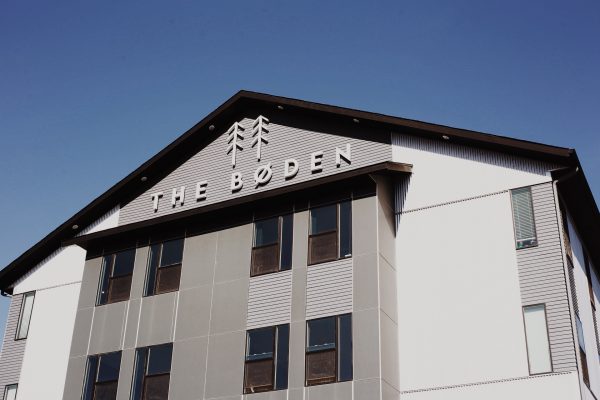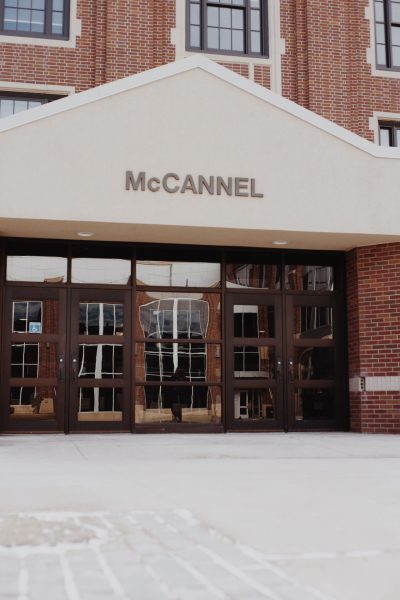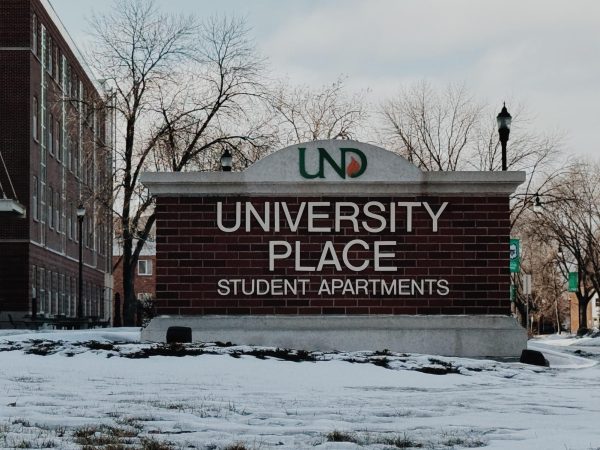Immigration, a means of economic growth
The slowdown in North Dakota’s economy over the past year and a half has presented the state with a variety of issues to address, but some challenges are different than others.
Even with the economy tapering off from the explosive growth during the oil boom, unemployment is still very low in the state. It was 3.1 percent in July, which compares to 4.9 percent nationally. Earlier this year it was reported that North Dakota has one of the highest labor participation rates in the entire country.
In August, Job Service ND reported that there are 14,000 job openings in the state. While this is down close to 10 percent from the previous year, it still shows that there is work for people in North Dakota. There are frequent reports in the media of certain sectors that perpetually struggle to fill jobs in this state; these vary across sectors and required levels of education.
The approaches to helping boost the state’s workforce are multifaceted; as someone who is currently a part of the higher education system here, I understand the role it should play in creating a skilled and educated workforce in the state.
However, one dynamic I would like to briefly address given the attention it has received on the national scale is immigration reform. From a very fundamental perspective, improving our immigration system in the United States would benefit both North Dakota and the country as a whole.
From a very fundamental perspective, allowing more workers to come to North Dakota would help employers in the state find qualified workers, whether they are working as cashiers, electricians, nurses or software engineers. This would have been a great benefit to the state during the years of the oil boom when there were more jobs than could possibly be filled by people in North Dakota, and it would still be beneficial as things have slowed.
One of the main concerns when it comes to immigrant workers — at least from the perspective of economics — is that they will displace American workers. In this regard, many people seem to view immigrants as people who only take jobs, when in reality, they are also consumers and taxpayers. Immigrants shop at stores, build homes, and go out to eat, participating in the economy in a variety of ways just like any other American. Most academic research suggests that immigrant workers complement native-born workers who are already working here, although there is not a clear cut consensus on the topic.
Most of the debate over the immigration system this election cycle has been on illegal immigration, and while candidates have made their arguments — some more compelling than others — about the economic benefits and drawbacks of immigration, most of the focus seems to be on concerns over national security and crime.
The lack of action from Congress on immigration reform and the constant overreaching by the Obama administration attempting to act unilaterally has created an environment of uncertainty, and uncertainty in public policy is seldom good for anyone. Additionally, it created space for Donald Trump to rise to national prominence, making his name on calling immigrants “rapists and drug dealers,” promising to build a wall, deport millions of illegal immigrants and restrict future legal immigration.
There are economic benefits to having more immigrants come to the United States if the system is managed in a smart and targeted way. Some of the concerns that have been raised over the national security, criminal and cultural implications will need to be a column for another time.
Trump has said he will boost economic growth to historic proportions; this will take more than just deregulation and tax cuts. The North Dakota economy, along with the rest of the country, would perform better if our immigration system were more conducive to allowing people in who want to work here.
We need an immigration system that is enforceable, fair and recognizes the benefits immigrants can bring to the country. This doesn’t mean we need to have “open borders,” but it is certainly different than fear mongering, threatening to deport millions of millions and sealing America off from the world.
Sean Cleary is a copy editor for The Dakota Student. He can be reached at [email protected]












